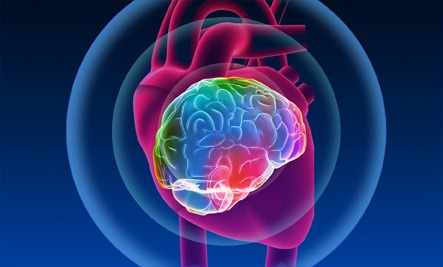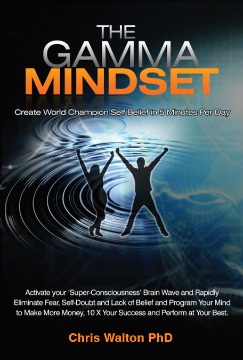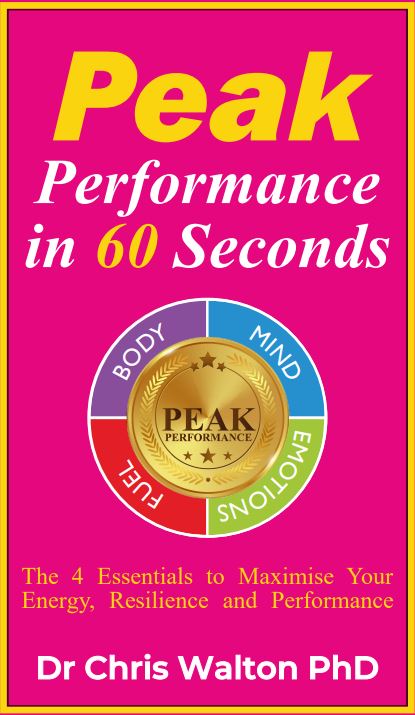In a truly mind-boggling set of experiments, discussed in an article in the Journal of Alternative and Complementary Medicine in 2004, Dr Rollin McCraty from the Heartmath Institute—a leading-edge research centre for the scientific study of heart coherence and its health benefits and of other aspects of this revolutionary new science of the heart—found that the heart seems to ‘know’ the emotional future.
That is, it is pre-cognitively able to sense the emotional ‘flavour’ of events that may soon happen and react to that information before we actually experience the event and thus feel a significant emotion. In short, your heart senses intuitively, and then it conveys this information to the brain to prepare you for a response.
I know that’s hard to believe, so let me briefly explain the experiments.
Participants were each seated before a computer on which flashed randomly selected pictures. There were two types of pictures: those with neutral emotional content (such as a basket of fruit or a landscape) and those with heightened emotional content (such as erotic scenes or images of gruesome car crashes or autopsies).
The participants were hooked up to equipment that monitored their heart beat, skin conductivity, brain-wave patterns, and other measures of nervous system and organ function. Baseline measures of these physiological parameters were taken.
The participants did not do anything but sit and watch the computer screen, on which were flashed a series of pictures, spaced six seconds apart, with blank spans in between. The pictures were chosen at random by the computer.
When the session was over, researchers had a record of which pictures were shown and in what order and the recordings of the participants’ internal bodily responses during the session.
What they discovered when they processed their data from the experiments was entirely unexpected.
The participants’ hearts (and their other bodily responses) responded in a way that correlated with the emotional effect of the pictures (arousal for the emotionally charged pictures or calm base-line measures for the emotionally neutral ones).
This was normal and expected.
What was astounding was that their hearts responded seconds before their brains did!
In fact the heart was the first part of their physiology to react to the stimulus. It sent input to the brain, instead of vice versa, which goes against the standard biological model that the brain is the command centre of the body.

What was truly mind-boggling was that the heart responded (according to the monitoring equipment) even before a picture flashed on the computer screen. It appeared to know what was coming—it displayed what is called ‘precognition’. If the picture that was going to display, but hadn’t yet, was one of the gruesome ones, the heart showed an arousal response, and sent preparatory information to the brain so that the rest of the body could get ready as well. Sometimes this happened up to 6 seconds before the picture flashed on the screen!
This series of experiments has deep implications for how our bodies work and how we are connected to the world outside of us. At the very least, it shows how we all respond subconsciously to input before we do consciously, and that our hearts play a significant role in our emotional lives.
Dr McCraty summarised his findings as follows:
“Of greatest significance here is our major finding: namely… evidence that the heart is directly involved with the processing of information about a future emotional stimulus seconds before the body actually experiences the stimulus… What is truly surprising about the result is the fact that the heart appears to play a direct role in the perception of future events, at the very least it implies that the brain does not act alone in this regard.”
Studies such as this one may help explain all those metaphors and aphorisms about our heart and emotions: ‘It breaks my heart’. ‘Listen to your heart’. ‘Follow your heart’. When we act from our heart centre we may be following the wisdom of our bodies. At a minimum, we are able to gain a different perspective on people, events and perceptions.




Just trust your gut,
Yes,
a friend of mine told me when a woman is pregnant and during the first time in the pregnancy the heart gives the first signal not the brain.
Why people always say follow your heart?
Because the heart know’s, it was the first one.